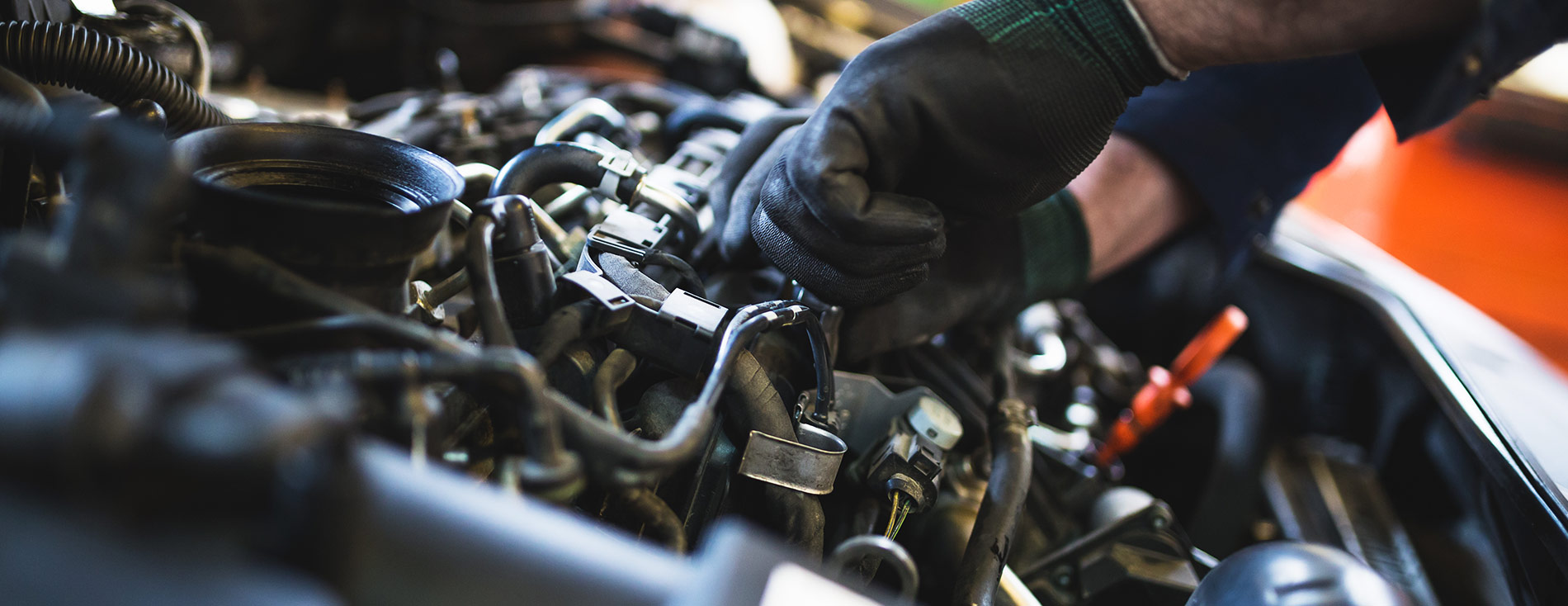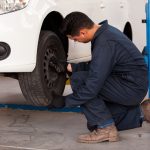
What’s Involved in a Tune-Up? Info from a Mechanic in Lubbock, TX
The general principles of auto maintenance have not changed much over the decades. It is important to take your vehicle to a mechanic to have him or her look it over, perform some routine maintenance tasks and address any issues that arise before they necessitate major repairs.
The actual steps associated with one of these tune-ups, however, have changed on a regular basis over the years. While there’s no single definition about what a tune-up includes or should include, the general ideas are mostly the same no matter where you go in the United States.
Typically if you get a tune-up, it’s because you’re either experiencing some kind of minor drivability issue, such as a vehicle taking longer to start up, or your fuel efficiency being hindered by some unknown factor. In other cases, you might get a tune-up at the same intervals as your oil change, just to make sure your vehicle continues to operate as effectively as possible.
So, what can you expect to be involved in a common tune-up? Here’s some brief information from a mechanic in Lubbock, TX about what you can expect a good mechanic to do for your vehicle at your next service appointment.
Checks
The first portion of a tune-up typically consists of routine part checks to make sure the engine and vehicle are performing as needed. These checks include:
- Battery voltage and charging voltage
- Power balance and dynamic compression, which helps identify mechanical problems such as worn rings, bad head gaskets, leaky exhaust valves and others that could negatively affect engine performance
- Engine vacuum, to detect air leaks
- Operation of the fuel feedback control loop, to ensure the system goes into closed loop operation upon engine startup
- Scanning for fault codes
- Exhaust emissions, as emissions tests help vehicles meet standards for registration
- Ignition timing
- Idle speed
- Hoses and belts
All fluids, including oil, coolant, automatic transmission fluid, brake fluid and power steering fluid
Replacements
Next, assuming the initial tune-up checks result in no discoveries of major flaws, the technician will replace certain parts as a means of preventative maintenance. These include:
- Spark plugs
- Rotor or distributor caps
- Various filters, including fuel filters, air filters, breather filters and PVC valve filters
- O2 sensors
At this stage, the technician will also check and adjust ignition timing again, as well as idle speed and mixture.
Spark plugs are especially important to change at regular intervals, because their electrodes will degrade a bit every time the plug fires. When voltage moves from one electrode to another, it wears some of the metal away from both electrodes. Typically the spark plugs become dull after about 45,000 miles of operation, but some long-life plugs can reach 100,000 miles under the right conditions.
For more information about what a standard tune-up includes, we encourage you to reach out today to a mechanic in Lubbock, at M & M Tire & Service Center. We’ll be happy to assist you!
More...
Categorised in: Tune-Ups
This post was written by admin





